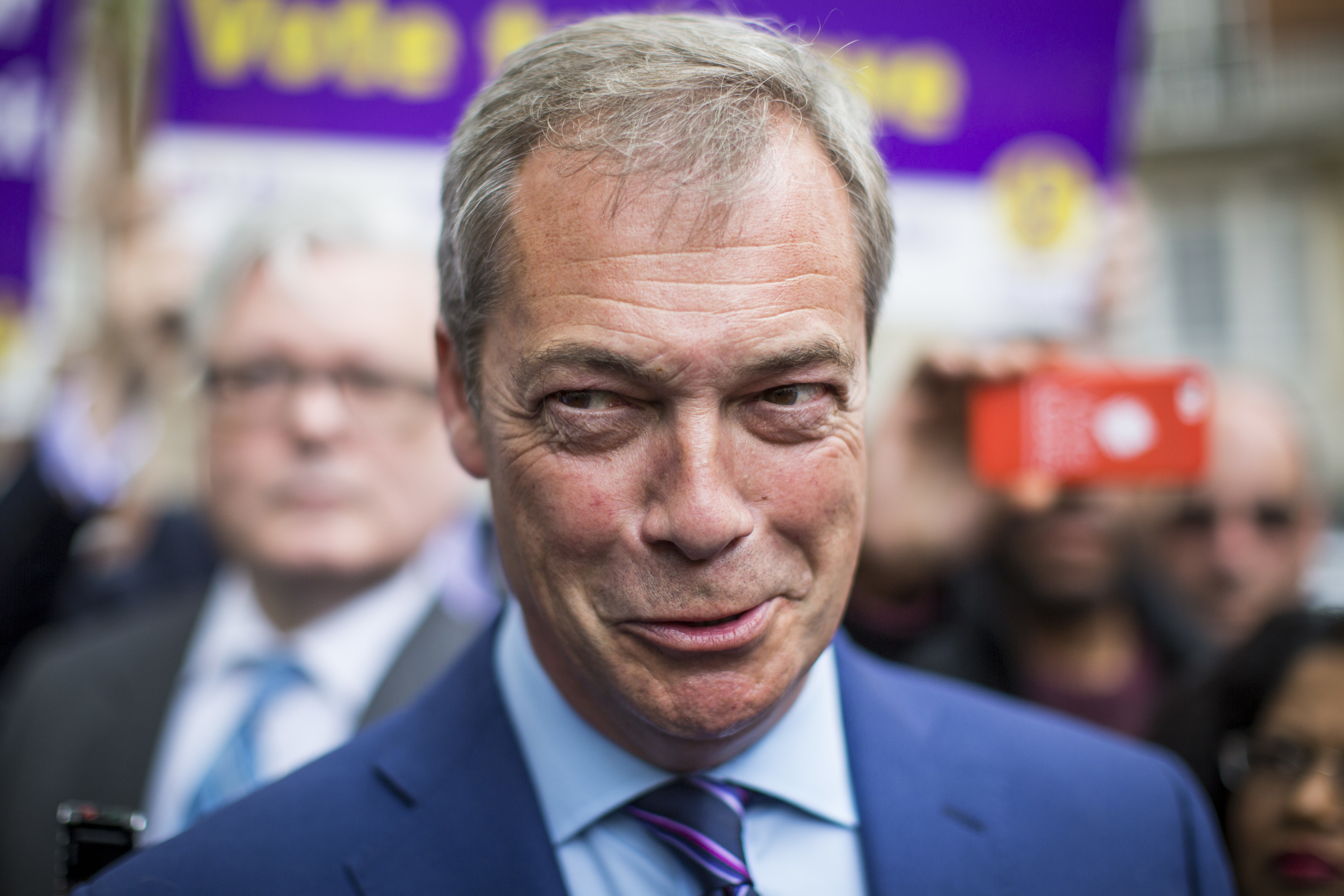Former mayor of London Boris Johnson and the justice secretary, Michael Gove, today announced plans for an Australian-style points-based immigration system if Britain votes to leave the European Union.

The move comes as the official Vote Leave campaign ramps up its rhetoric on immigration and senior Conservative MPs argue that leaving the EU would allow the UK to create a fairer immigration policy.
Johnson and Gove said in a statement on Wednesday that the new immigration policy would be implemented three years after a Brexit vote and would mean migrants from the EU facing similar restrictions to non-EU migrants, such as having "to speak good English".
The statement, which is also backed by employment minister Priti Patel and Labour MP Gisela Stuart, said: "By the next general election, we will create a genuine Australian-style points-based immigration system."
Is there a problem with the current system?
Leave campaigners say that as an EU member state, the UK can't control the free movement of people within the EU.
As a result, this leads to higher migration and stricter controls on non-EU migration, even when it comes to bringing in people with skills beneficial to the UK economy.
But what exactly does the Australian system look like?
There are a number of elements to Australia's immigration system – but the key point that Leave campaigners want to make is that Australia has control over who it lets into the country.
Under the Australian system, anyone entering for work can get visa rights in two circumstances. The first is where a business has sponsored an individual; the second is when the country has itself recognised the need for more skilled workers from a specific industry.
Migrants are then assessed on their experience and qualifications. Education standards, age, and experience working abroad all contribute to an individual's points.

Depending on their age, anyone applying for a permanent visa also has to go through a rigorous health check, which includes a chest X-ray and an HIV test.
Foreign students are treated differently under the system. Whereas they are counted in the UK's net migration figures – and make up a sizeable chunk – the Australian system considers students "temporary" migrants and has no arbitrary cap on the numbers.
But the Australian system has been criticised. A UN report in March last year described the points-based system as inhumane.
Others have argued the points-based system would be unhelpful for the UK as it's actually a method of increasing population growth. In 2013-14, Australia set a cap at the number of people who received visas under the system to 190,000. This would be 513,900 if the same proportion was applied to the UK population, according to Jonathan Lindsell of Civitas.
This sounds familiar. Isn't UKIP a strong advocate for the Australian system?

That's right. UKIP figures such as party leader Nigel Farage have repeatedly backed the UK introducing an Australian-style immigration system. At last year's election, the party proposed a points-based system with immigration capped at 50,000 people.
It's worth noting too that Labour MP Liz Kendall backed a similar points-based system during the party's leadership contest last year.
Following the statement this morning, Farage has already taken credit for making harsher controls on immigration "mainstream".
Everything I've said on immigration, for which I've been condemned, is now mainstream. I now believe we will win this referendum.
What questions are raised by Vote Leave backing the system?
Lots. Despite the UK already having a fairly rigid immigration system for non-EU migrants, critics point out that non-EU net immigration was 191,000 in the year to September 2015, according to the Office for National Statistics. This is far higher than the immigration target of "tens of thousands" set by the Conservatives at last year's election.
So if the UK did introduce the system, could non-EU migration actually go up?
Patel hinted at this earlier in the EU campaign when she said the current system was discriminatory towards people from outside the EU. She claimed Britain's curry houses could not bring in specialist chefs from south Asia because the UK was already letting in too many immigrants from the EU.
There are also questions for Boris Johnson. Some commentators pointed out that as recently as October, the former London mayor responded to a speech by home secretary Theresa May on the concerns of mass migration by saying he was in favour of allowing immigrants who had been in the UK illegally for more than 12 years to be given the right to live in the UK. Those remarks now need clarifying.
Rob Ford, a political scientist at the University of Manchester, told BuzzFeed News that a points-based system is popular and was a strong advantage for the Leave side. But, he added, some might be put off by Farage's intervention and it will be interesting to see what impact, if any, this has on the polls.
"Farage weighing in doesn't help," he said. "A certain segment of the population stop supporting popular policy ideas when UKIP is attached to it because, for a segment, UKIP is toxic."
He added: "The only people who will get more excited about [Farage backing a policy] are those who already support him, and they're already likely to back Leave."
